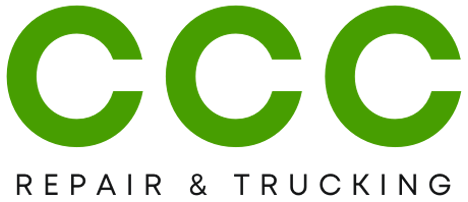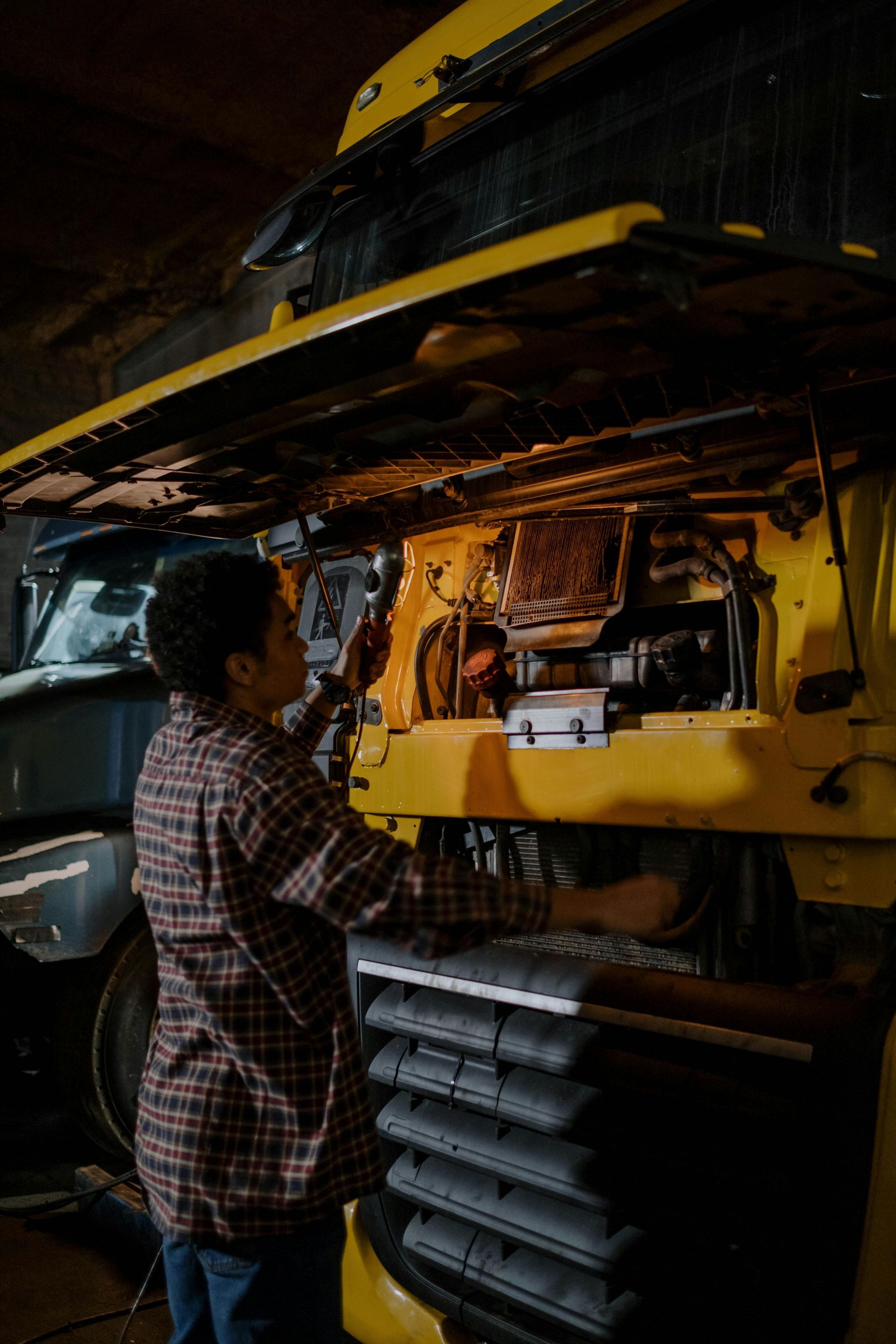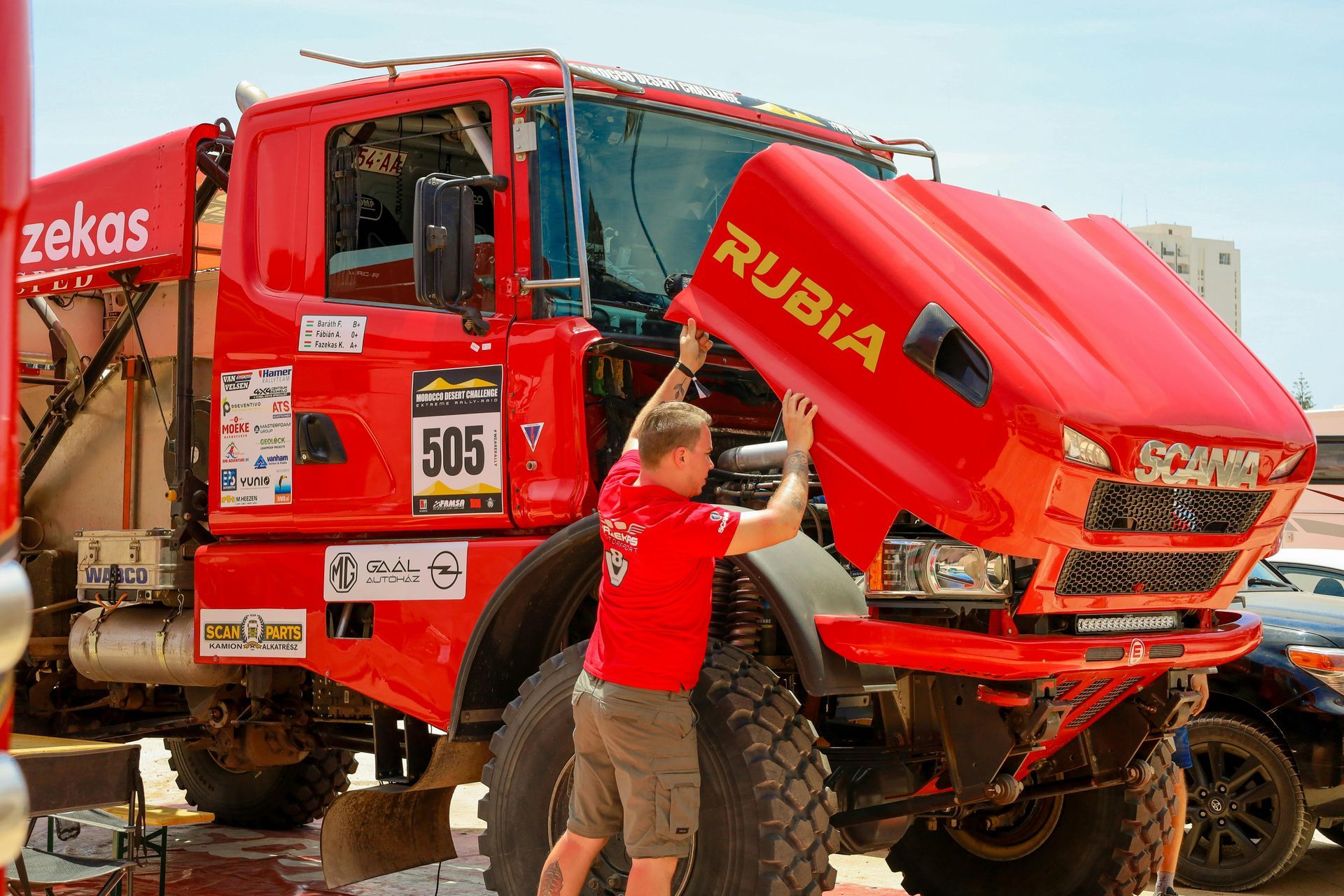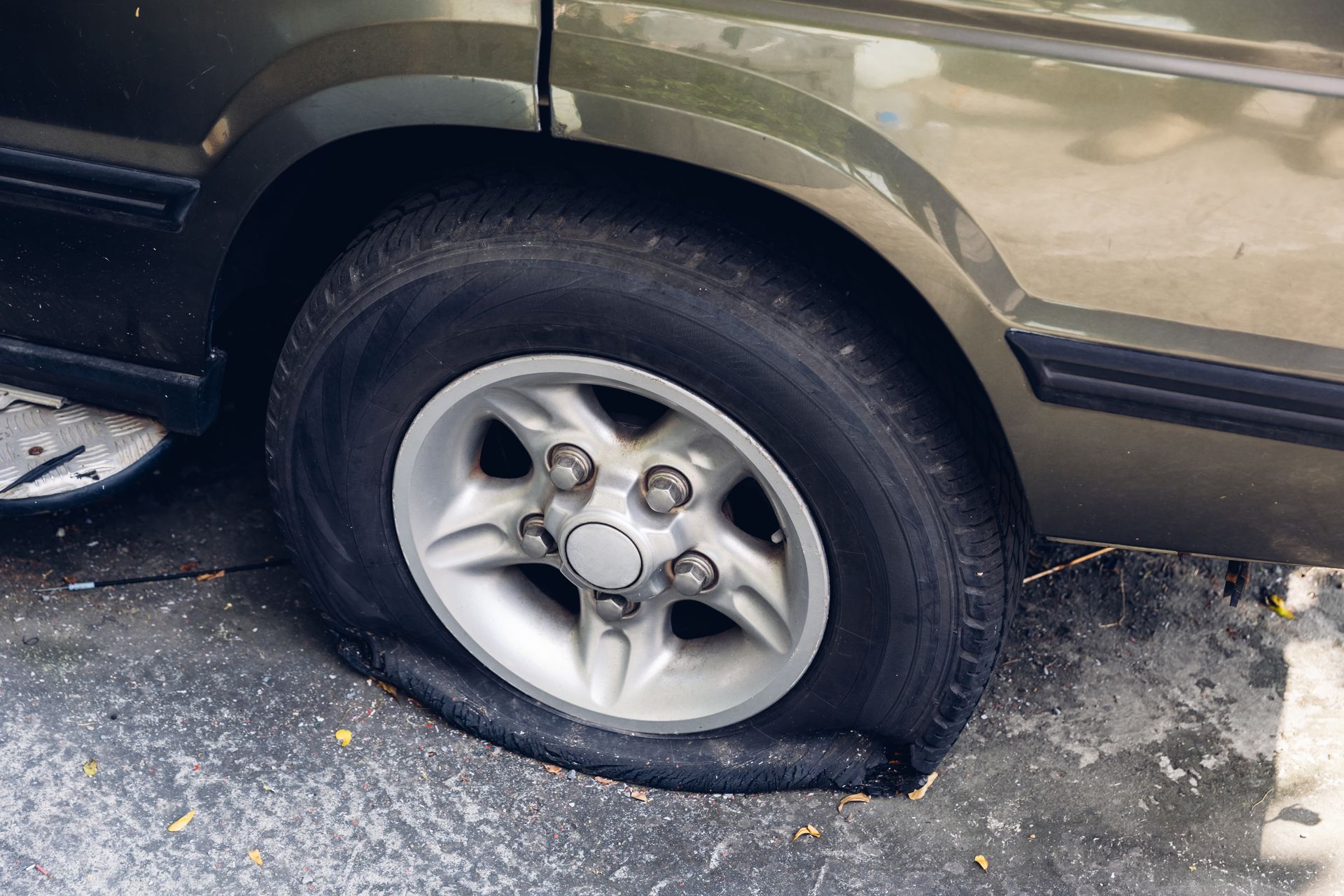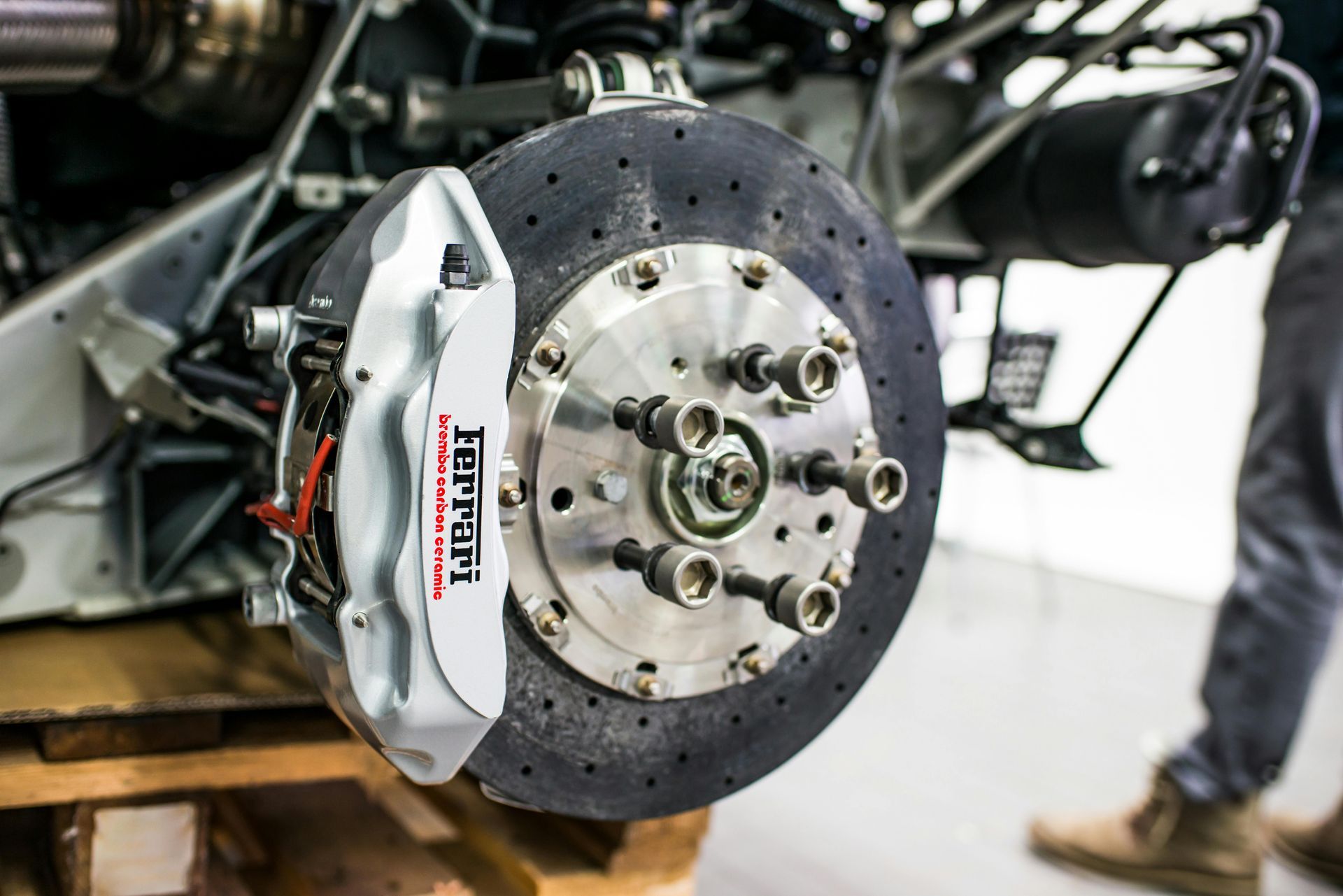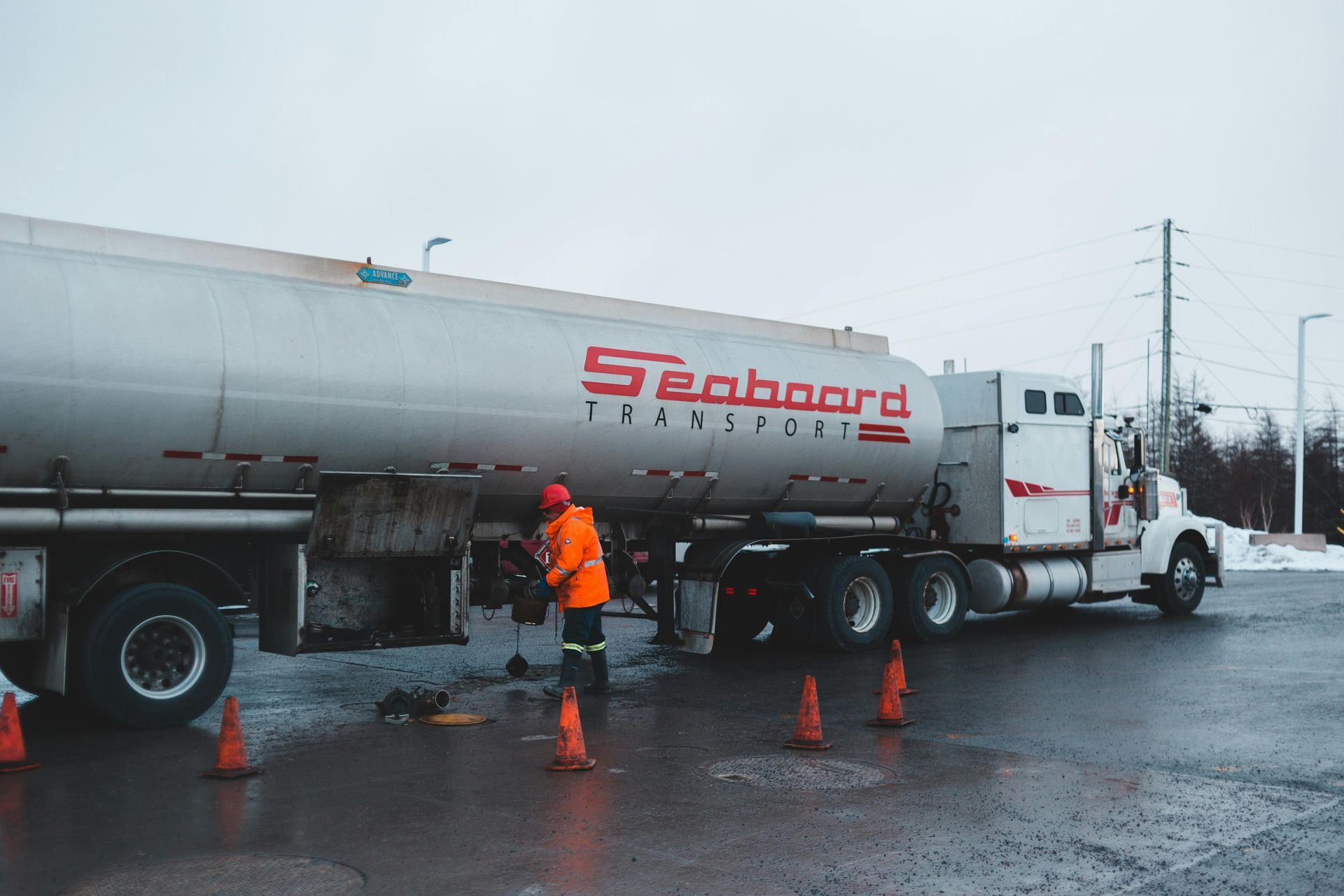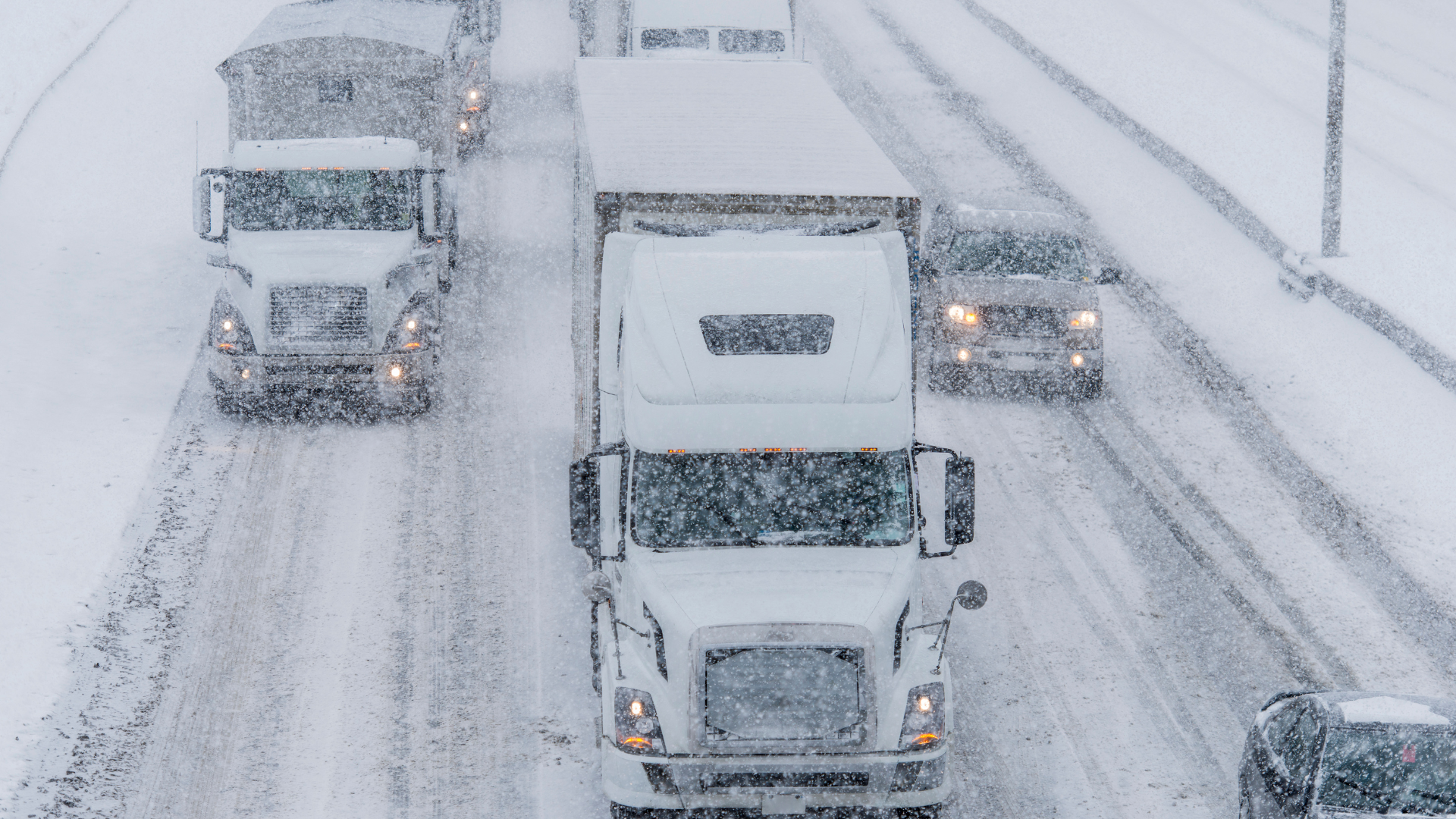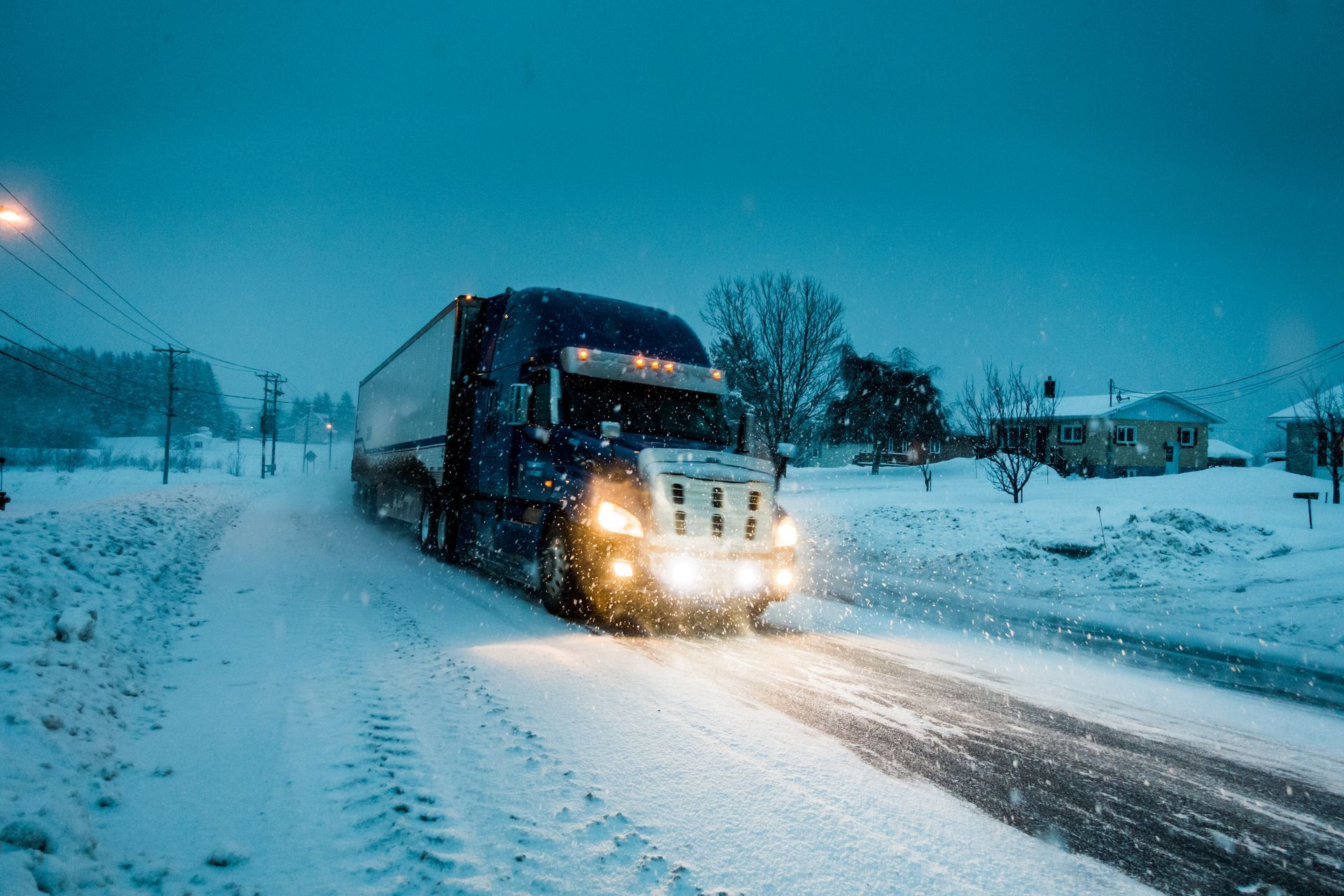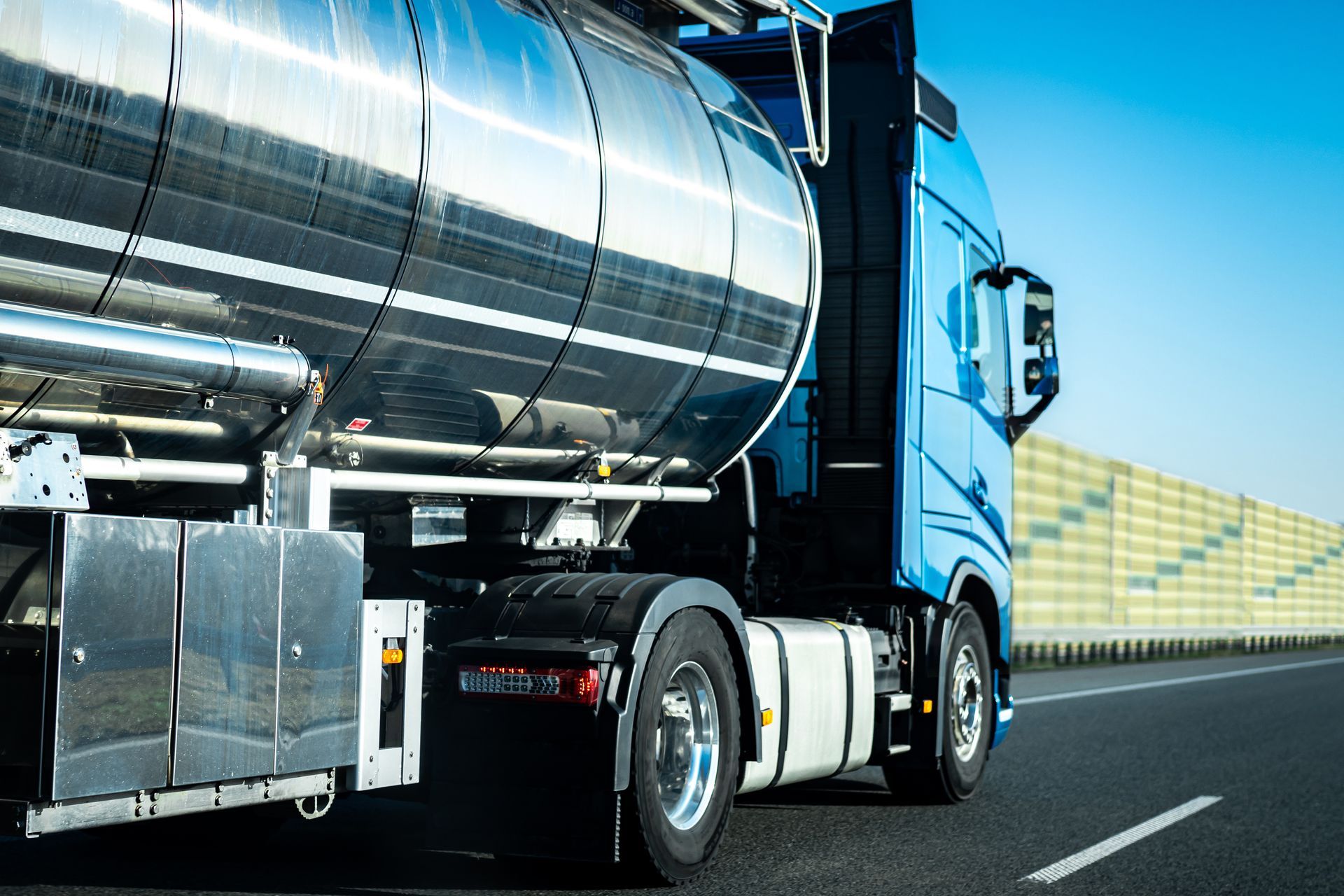How to Prevent Air & Coolant Leaks in Your Commercial Truck
Air and coolant leaks may seem minor at first—but they’re among the leading causes of overheating, brake failure, and engine shutdowns in commercial diesel trucks. Preventing these leaks not only extends your truck’s life but also keeps you safe and compliant on the road.
At CCC Repair and Trucking in Trinidad, CO, we help drivers prevent costly downtime with regular inspections and 24/7 repair services. Here’s what you need to know to catch air and coolant leaks early—and how to stop them from happening in the first place.
Why Air and Coolant Leaks Matter in Diesel Trucks
In commercial trucks, compressed air is critical for systems like brakes and suspension. Coolant keeps the engine from overheating. Even a small leak can lead to a breakdown, failed inspection, or dangerous driving conditions.
Ignoring these leaks can result in:
- Brake system failure
- Overheated engines
- Increased fuel usage
- Damaged hoses, belts, or gaskets
- Long-term engine wear or catastrophic failure
Common Causes of Air Leaks
Air leaks typically occur in:
- Air brake lines and fittings
- Air compressor lines
- Suspension air bags
- Quick-release valves
- Air dryer systems
You might notice hissing sounds, sluggish brake response, or dashboard alerts. If you’re feeling excessive pedal travel or lag, it’s time for an inspection.
Common Causes of Coolant Leaks
Coolant leaks are often due to:
- Cracked hoses or clamps
- Leaky radiators or expansion tanks
- Worn-out water pumps
- Failed thermostat housing seals
- Head gasket failure
Watch for rising temperature gauges, visible puddles under your truck, sweet-smelling exhaust, or frequent coolant top-offs.
How to Prevent Air & Coolant Leaks
1. Inspect Hoses and Connections Weekly
Look for cracking, swelling, or softness in air lines and coolant hoses. Replace damaged parts immediately—even minor flaws can turn into full leaks under pressure.
2. Tighten and Check Fittings
Loose clamps, connectors, or valve fittings are common culprits. Make this part of your pre-trip checklist.
3. Drain Air Tanks Regularly
Water and contaminants collect in the air system and can lead to rust or ice blockages. Bleed your air tanks daily if you’re driving in cold or humid environments.
4. Use the Right Coolant Type
Mixing incompatible coolants or topping off with water can lead to chemical breakdown and corrosion. Follow manufacturer specifications and only use high-quality products.
5. Maintain the Cooling Fan and Belts
If your fan clutch or serpentine belt fails, coolant temperatures can spike and cause system pressure to rupture weak points. Check belt tension and fan operation regularly.
6. Schedule Regular Diagnostics
At CCC, we use engine diagnostics to catch pressure irregularities and temperature spikes early. Routine scans can prevent major failures before they start.
FAQs
How can I tell if my truck has an air leak?
Listen for a steady hissing sound when the engine is off. You may also feel delayed or weak braking. Use a soapy water spray on suspect fittings to detect bubbles.
Can coolant leaks cause engine damage?
Yes. Even slow coolant loss can lead to overheating, cracked heads, or engine seizure if ignored.
Do you offer 24/7 repair for air or coolant leaks?
Absolutely. CCC Repair and Trucking provides 24/7 roadside and in-shop repair in Trinidad, CO and surrounding areas.
Schedule an Inspection with CCC Repair and Trucking Today
Whether you’re running long-haul routes through Colorado or operating a local fleet, preventing leaks saves time and money. If you suspect a problem—or want to avoid one—call CCC Repair and Trucking today.

